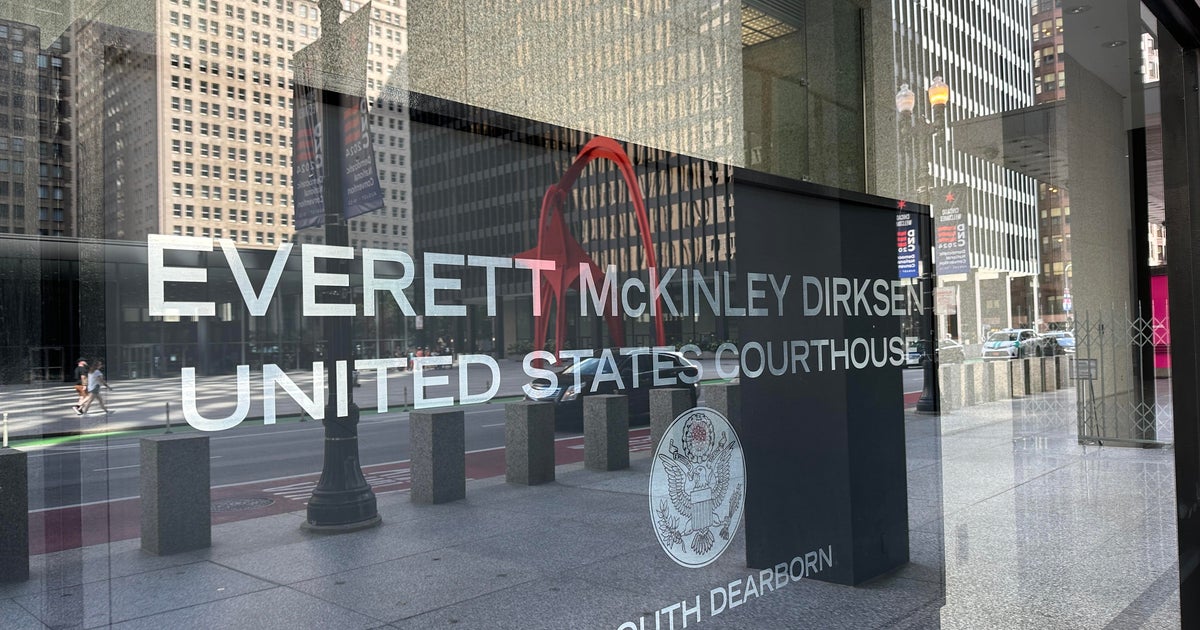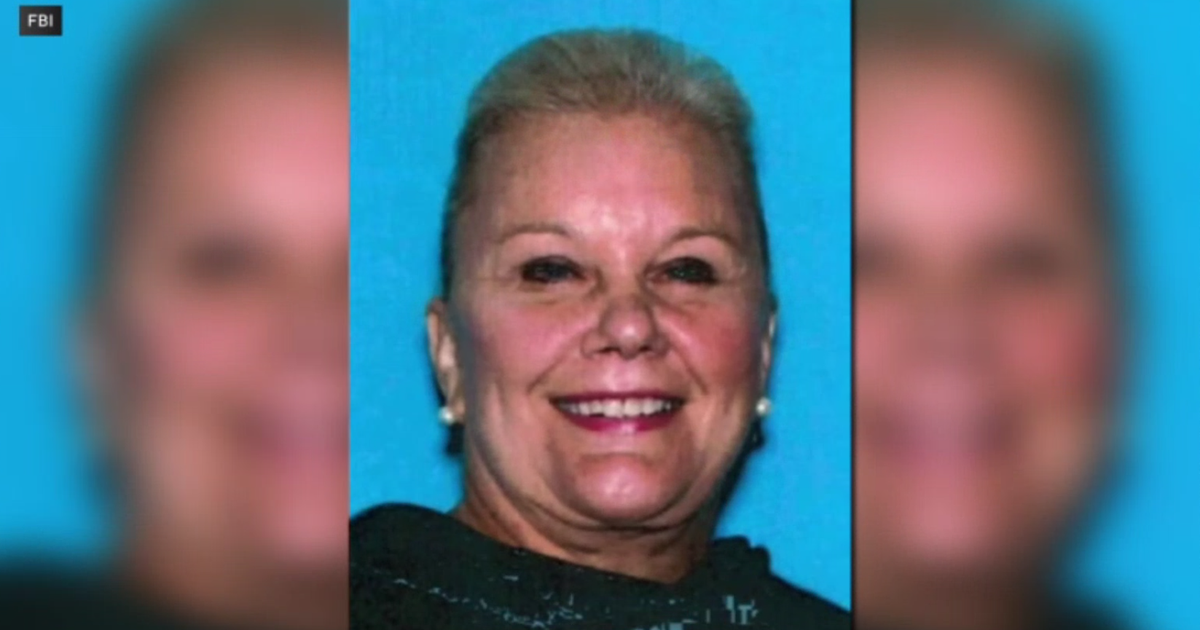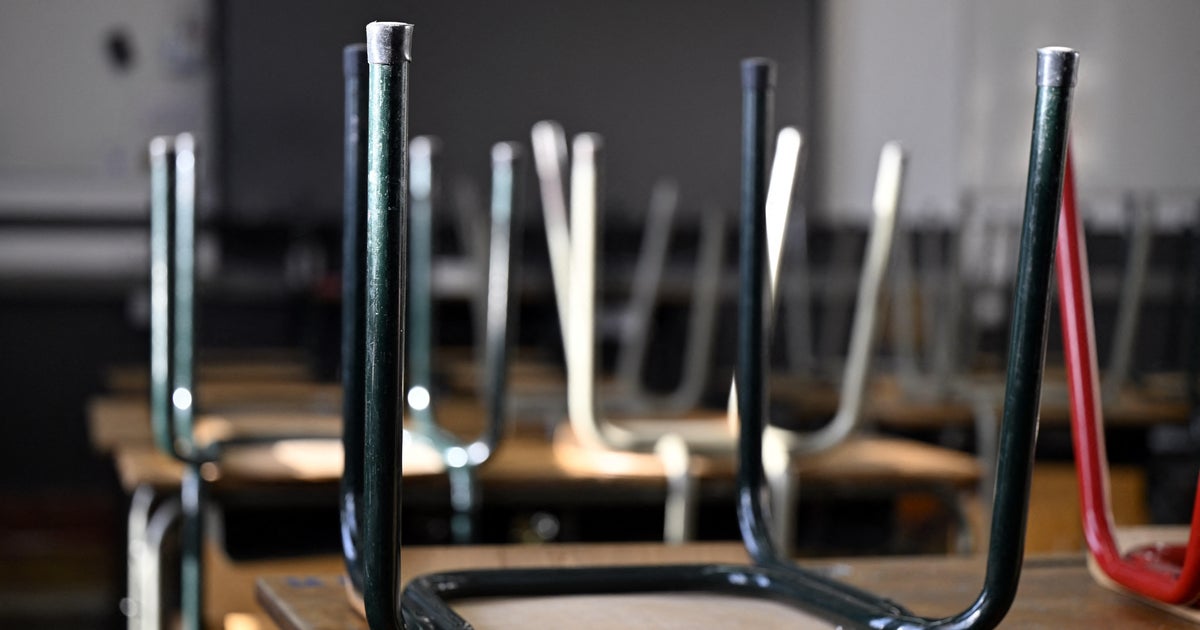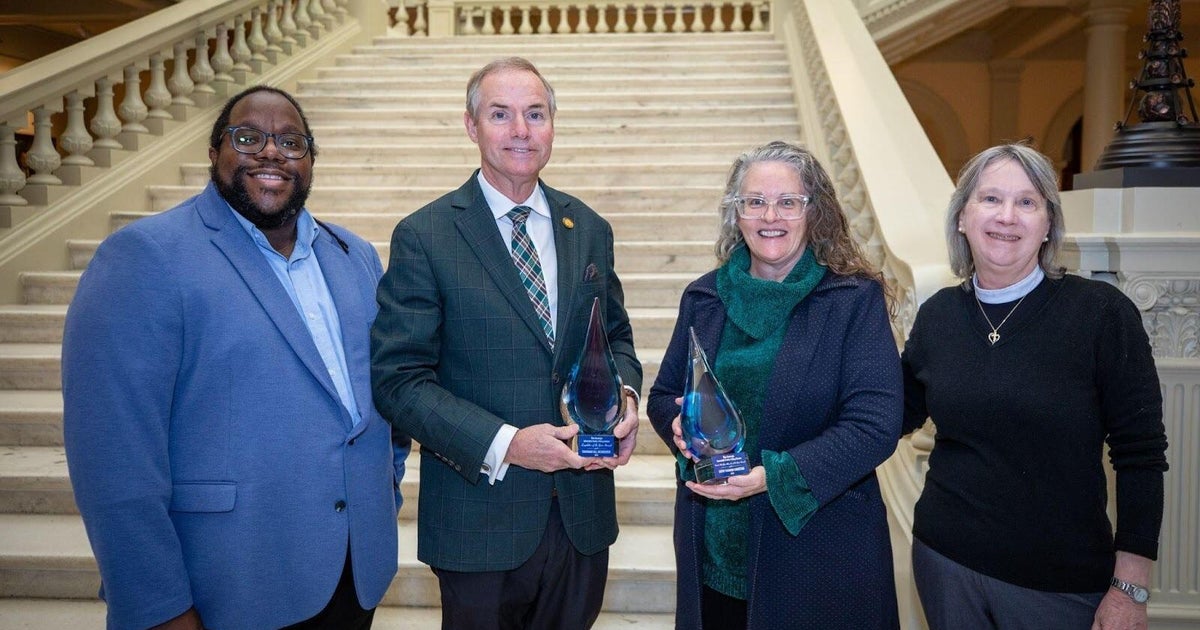First U.S. lawmaker joins international committee investigating Facebook
Congressman David Cicilline will be the first U.S. lawmaker to join an extraordinary collection of global officials investigating the spread of disinformation and "fake news" on social media.
The International Grand Committee on Disinformation and "Fake News" now comprises lawmakers from a dozen countries aggressively examining the role of social media, in particular Facebook, in efforts to influence elections and culture.
Cicilline, a Democrat from Rhode Island who serves as chairman of the House Subcommittee on Antitrust, Commercial, and Administrative Law, said in the statement that the internet has "become concentrated, less open, and growingly hostile to innovation."
"This is a problem that transcends borders, and it requires multinational cooperation to craft solutions that foster competition and safeguard privacy online," Cicilline said. "I look forward to joining the International Grand Committee as part of its historic effort to identify problems in digital markets and chart a path forward that leads to a better online experience for everyone."
Hildegarde Naughton, chair of Ireland's Oireachtas Communications Committee, said Cicilline is joining an investigation that has a "particular responsibility" to pursue "greater regulation of social media and tech giants.
"We will coordinate actions to tackle online election interference, 'fake news', and harmful online communications, amongst other issues while at the same time respecting freedom of speech," Naughton said.
In an email to CBS News, a spokesperson for Naughton said the lawmaker personally invited for Facebook CEO Mark Zuckerberg to attend when she met him in Dublin earlier this year. Zuckerberg and others will soon be sent formal invitations, the spokesperson said.
At its two previous hearings in London and Ottawa, Canada, the committee has included lawmakers from Britain, Canada, Singapore, Saint Lucia, Ireland, Costa Rica, Ecuador, Germany, Mexico, Morocco and Estonia. At each hearing, seats have been left empty Zuckerberg — who has rebuffed repeated calls to appear — as lower-level executives have borne the wrath of angry legislators.
Cicilline's commitment comes as the committee gears up for a hearing of particular significance for Facebook and Zuckerberg. The company employs a large workforce in Ireland, running a massive data center that is core to its international operation. As a result, Ireland's Data Protection Commission has unusual power compared to other countries to regulate and fine Facebook.
At the committee's most recent hearing in Ottawa, Canada in late May, Facebook executives Neil Potts and Kevin Chan were questioned about the company's decision not to block an infamous video that was altered to make U.S. Speaker of the House Nancy Pelosi appear drunk. Potts and Chan then watched as the Canadian contingent voted to subpoena their bosses.
"Should Mr. Zuckerberg or (Facebook Chief Operating Officer Sheryl) Sandberg come to Canada for any reason, for a tech conference or to go fishing, they should be served a summons," said Canadian Member of Parliament Charlie Angus.
Canada is the second country to which Zuckerberg cannot travel without expecting to be immediately summoned to appear before government officials. After the International Grand Committee met for the first time in London last year — a meeting Zuckerberg declined to attend — the head of a British committee investigating disinformation told CBS News that if Zuckerberg ever steps foot in England he can expect a visit from authorities.
"If Mark Zuckerberg came to the U.K., we would serve a summons on him and if he refused to accept that summons then we could start contempt proceedings against him," Damian Collins, the chair of the Digital, Culture, Media and Sport Committee in the U.K. Parliament, said in a February interview.
At that hearing, Facebook executive Richard Allen was grilled on issues ranging from the company's failure to block posts in Sri Lanka encouraging people to "kill all Muslims" to secret internal company documents seized by the committee's British Members of Parliament.
Singapore's Edwin Tong asked why a post in Sri Lanka saying "kill all Muslims" was allowed to stay up, calling it an "egregious mistake." Tong said when a Sri Lankan government official pushed Facebook about the post, the company replied initially, "This post does not break any specific rules."








